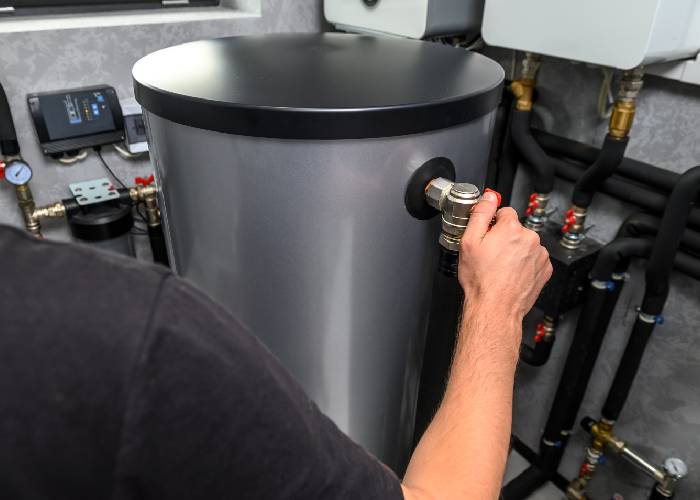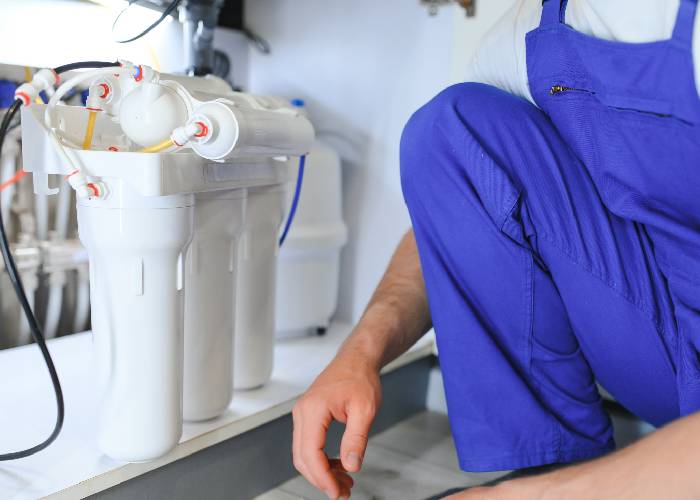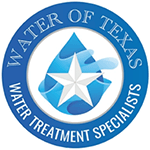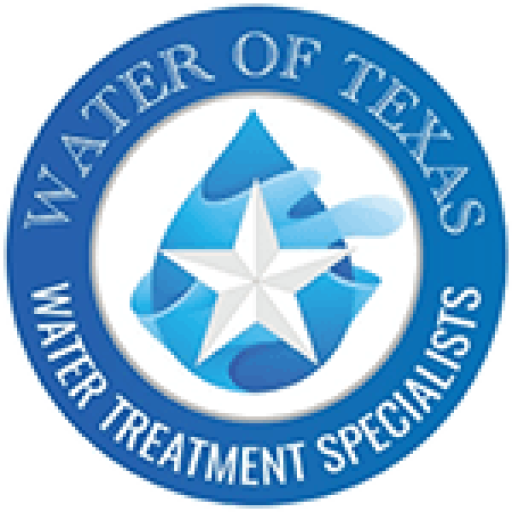Water Softener Hitchcock TX
At Water of Texas, Elevating Water Quality Solutions in Hitchcock, TX, is Our Commitment
At Water of Texas, we understand the significance of clean and pure water for your home and business. With our extensive water treatment solutions, including water softeners, reverse osmosis systems, and commercial water treatment options, we guarantee to deliver the highest quality water for your specific needs.


Eliminate Hard Water
Are you tired of dealing with hard water issues in your home? Our state-of-the-art water softener systems are designed to eliminate hard water minerals, ensuring softer, silkier water for your daily use. Say goodbye to limescale buildup on your fixtures and appliances!

Purify Your Drinking Water
Our reverse osmosis systems are the ultimate water filtration solution for those seeking the purest drinking water. We remove contaminants, chemicals, and impurities through advanced filtration technology, leaving you with crisp, refreshing water straight from your tap.

We Help with Commercial Water Treatments
Commercial clients can rely on Water of Texas for comprehensive water treatment solutions tailored to their unique requirements. Whether you’re a restaurant, hotel, or industrial facility, our commercial water treatment services ensure compliance with industry standards and provide reliable, high-quality water for your operations.
With Water of Texas, you’re not just investing in water treatment; you’re investing in the health and well-being of your family, employees, and customers. Contact us today to schedule a consultation and discover how our water treatment solutions can transform the water quality in your home or business in Hitchcock, TX!
Get a Free Water Test, Evaluation, and
Consultation

